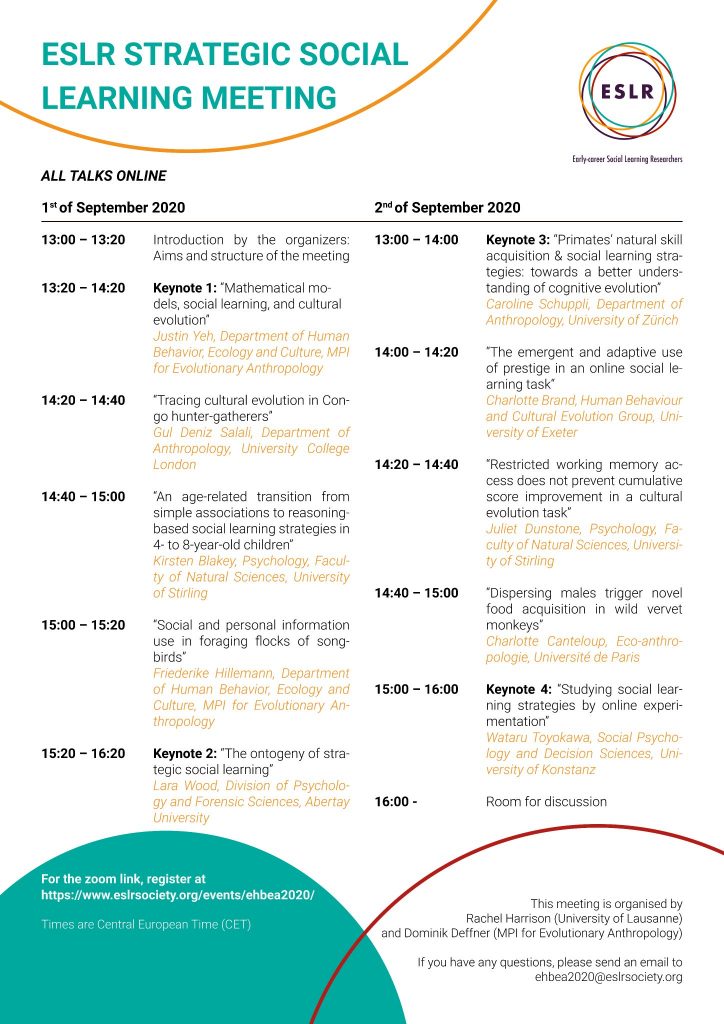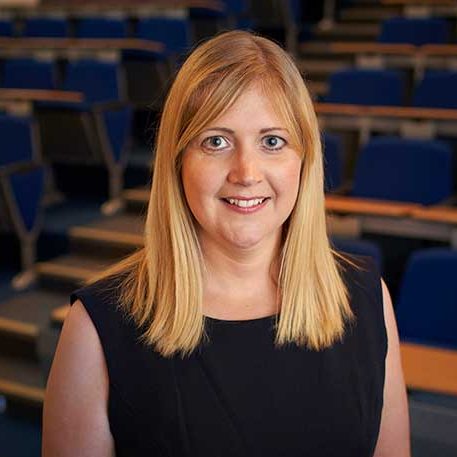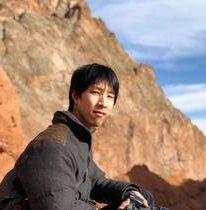Strategic Social Learning

Strategic Social Learning

MEETING RESCHEDULED: The meeting will take place online, from 13:00 – 16:00 CET on the 1st and 2nd of September 2020.
“Strategic Social Learning” was originally planned as an ESLR-organised satellite meeting prior to the EHBEA 2020 conference in Krakow, 1st-4th April 2020. Due to the pandemic, we have rescheduled the meeting – it will now take place online. Please register your interest using the form at the bottom of the page to receive further updates about the online meeting.

Theme
The focus of the meeting will be ‘Strategic Social Learning’. This encompasses, but is not limited to, social learning strategies or transmission biases, their (meta-) cognitive underpinnings and population-level consequences, contingent and context-dependent learning and interactions between learning psychology and individual or population/network properties.
The meeting will be multi-disciplinary, bringing together early-career researchers (ECRs) from biology, psychology, anthropology and economics, as well as drawing upon both empirical and theoretical work. While senior researchers are encouraged to attend, a key aim of this satellite meeting is to centre the work and views of early-career researchers, and to facilitate networking and discussion amongst ECRs from different fields.
Our keynote speakers will introduce different aspects of the overarching theme, with each talk followed by enough time to discuss empirical and conceptual challenges as well as future directions for that line of research.
The meeting will end with an interactive discussion round providing ample opportunities to share and compare how early-career researchers from different backgrounds approach this burgeoning field, hopefully fostering future collaborations but also establishing peer networks for support and mutual aid.
Keynote Speakers

Caroline Schuppli
Department of Anthropology, University of Zurich
Caroline is a postdoctoral researcher in the Department of Anthropology at the University of Zürich, Switzerland. Her research interests lie in the role of the interplay of social and environmental factors during cognitive evolution. Her research aims to better understand how different aspects of sociability and environmental complexity are interrelated with the evolution of enhanced cognition by comparing humans to our closest relatives the great apes, as well as by using broader comparative approaches across species.

Wataru Toyokawa
Social Psychology and Decision Sciences, University of Konstanz
Wataru is a research scientist at the University of Konstanz. His research focuses on computational underpinnings and eco-evolutionary implications of human social learning and their relationships with group decision-making and collective behaviour. Using computational modelling and Bayesian statistical methods, coupled with online real-time behavioural experimentation, he is quantitatively approaching human social behaviour and group dynamics.

Lara Wood
Division of Psychology and Forensic Sciences, Abertay University
Lara is a lecturer in Psychology at Abertay University, specialising in Developmental, Evolutionary, Comparative and Social Psychology. Her research is focused on social cognition in primate species – including humans. She takes a developmental and comparative approach to try and understand the evolution of social cognition, and uniquely human forms of social cognition.

Justin Yeh
Department of Human Behavior, Ecology and Culture, Max Planck Institute for Evolutionary Anthropology
Justin is a postdoctoral fellow at the Max Planck Institute for Evolutionary Anthropology in the Department of Human Behavior, Ecology and Culture. He is an evolutionary biologist interested in adapting mathematical models of speciation to the study of group formation and cultural divergence. Ideas such as linkage disequilibrium, mutation order, and selection against intermediates are important in speciation. His research investigates the possibility of applying these concepts to the study of cultural evolution.
Organisation
This ESLR satellite symposium is organised by Rachel Harrison and Dominik Deffner. If you have any questions, please send an email to .
Registration
Registration is now closed.